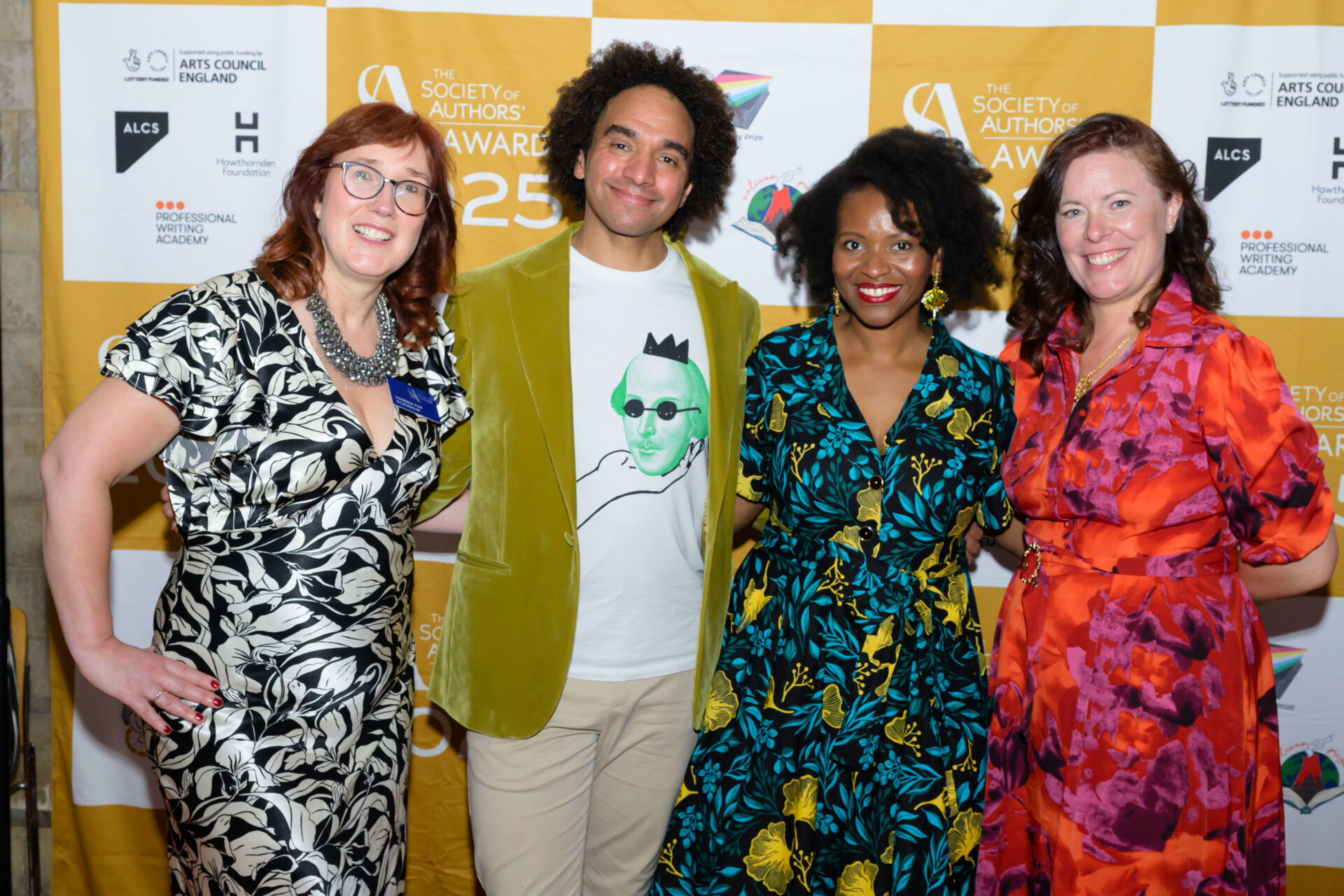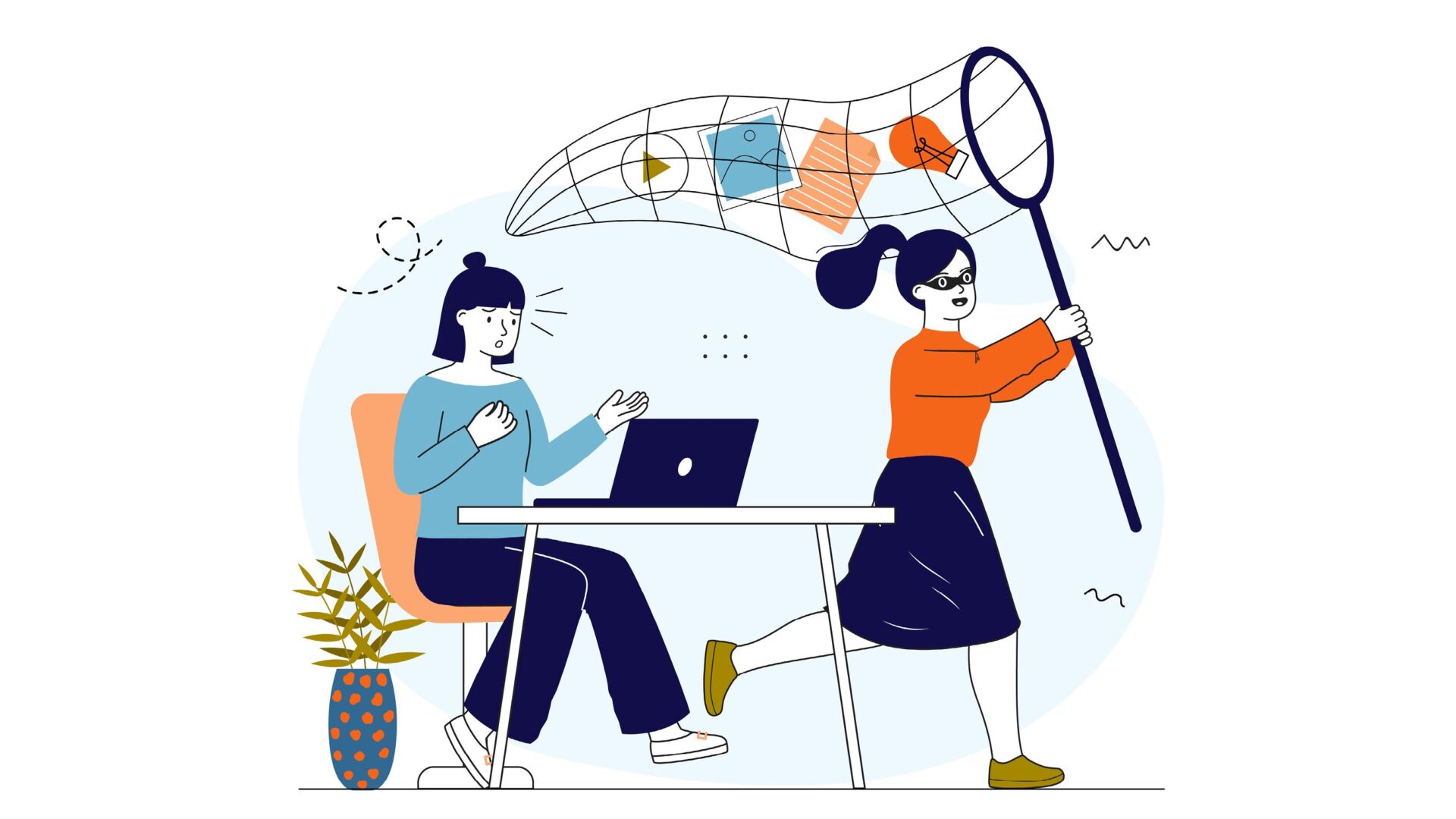On Wednesday (29 March 2023), the Secretary of State for Science, Innovation and Technology Michelle Donelan published the government’s long-awaited white paper on machine learning systems such as GPT-4.
The white paper’s publication is timely, coming just months after the launches of ChatGPT and Bard – systems which served as a wakeup call for many on the disruptive potential of AI – and after the government paused plans to introduce a copyright exemption for ‘scraping’ protected works to train new systems. It was also published on the day that Elon Musk and more than 1,300 other artificial intelligence experts and technologists signed an open letter urging developers to pause their work on creating even more powerful systems until ‘we are confident that their effects will be positive and their risks will be manageable’ – and since then Italy’s privacy watchdog has banned ChatGPT on data breach concerns until the system ‘respects privacy’.
The SoA’s advice team are hearing increasingly from members concerned about the impact of this new technology on their livelihoods and on the unauthorised use of their work in its development.
As awareness grows of the potential benefits and the risks of artificial intelligence, regulation and oversight is needed now more than ever.
Five guiding principles but no central line
In what it describes as ‘an adaptable approach’ designed to avoid ‘heavy-handed legislation’, the white paper avoids setting out a central guiding position on artificial intelligence.
The white paper instead sets out five general principles and leaves the development of context-specific approaches to existing regulators, such as the Health and Safety Executive, Equality and Human Rights Commission and Competition and Markets Authority.
The five principles are:
- safety, security and robustness: applications of AI should function in a secure, safe and robust way where risks are carefully managed
- transparency and explainability: organisations developing and deploying AI should be able to communicate when and how it is used and explain a system’s decision-making process in an appropriate level of detail that matches the risks posed by the use of AI
- fairness: AI should be used in a way which complies with the UK’s existing laws, for example the Equality Act 2010 or UK GDPR, and must not discriminate against individuals or create unfair commercial outcomes
- accountability and governance: measures are needed to ensure there is appropriate oversight of the way AI is being used and clear accountability for the outcomes
- contestability and redress: people need to have clear routes to dispute harmful outcomes or decisions generated by AI
We welcome the publication of the white paper, marking the first of many essential steps towards oversight of an industry whose evolution seems to be continually accelerating. And we welcome the five guiding principles that the government will now ask regulators to work with – they could provide a useful framework against which to drive and measure progress.
However, in its current form, the white paper offers little more than vague guidance and is unlikely to reassure writers, illustrators, translators and other creative professionals, whose livelihoods are already being impacted negatively by these technologies.
The white paper makes much of the £3.7 billion contribution the AI industry made to the UK economy last year and the 50,000 people it employs. In comparison, this is just 3% of the value of the creative industries, which employ almost 2.4 million people across a sector which, in the absence of effective AI oversight, is likely to face challenging consequences as a result of the new technologies.
In its attempt to avoid creating obstacles for companies to engage with or develop new technologies, the government will have to play catchup in providing protections for sections of society and professions that might become inadvertent collateral damage in the UK’s drive to become a ‘science and technology superpower by 2030’.
Where the SoA stands on artificial intelligence
We are working on our own paper – and with members of the Creators Rights Alliance on a cross-industry stance – on this complex and fast-changing topic, but several prime considerations come up consistently in our conversations with members, other creators’ rights organisations, and with the wider creative industries.
- The positive potential of machine learning and artificial intelligence tools is vast – most of us are already using it whether we know it or not. These tools are very useful to writers but that is how we must define and use these systems, as tools to serve human development, not as entities to replace what humans do.
- There is no possible replacement for the value of human imagination and creativity. That is what AI builds on and humans must be rewarded for that contribution
- There is an urgent need for regulation, oversight and clarity in the training of artificial intelligence systems. Where copyright works are used in development, they must be under licence and creators must be rewarded and credited. This is not a battle of copyright vs new technologies, but any innovation – technology-based or otherwise – must work within our current comprehensive and carefully balanced copyright regime.
- We call on publishers and other creative businesses to state clearly their approach to using machine-generated or machine-assisted works, and to protect creators’ livelihoods in an industry that is nothing without human experience.
- And if a work is published or performed that was machine-generated, it must be labelled as such.
We will keep SoA members updated on our continuing discussions with industry partners.
This article was updated on 3 April 2023 to mention the banning of ChatGPT by Italy’s privacy watchdog data breach concerns.







I find the vision set out by Ms Donelan to be appalling. Firstly the repeated use of the word ‘superpower’ in relation to what the UK aspires to be is strange. Why does the UK want to be a ‘superpower’ in anything? Being the most ‘powerful’ country in the world has little connection to general happiness of the people who live in it. Countries that seem happier to me are ones that don’t strive to compete constantly internationally to be the ‘best’ in a field as unrelated to happiness as science and technology is. She is also portraying AI as… Read more »